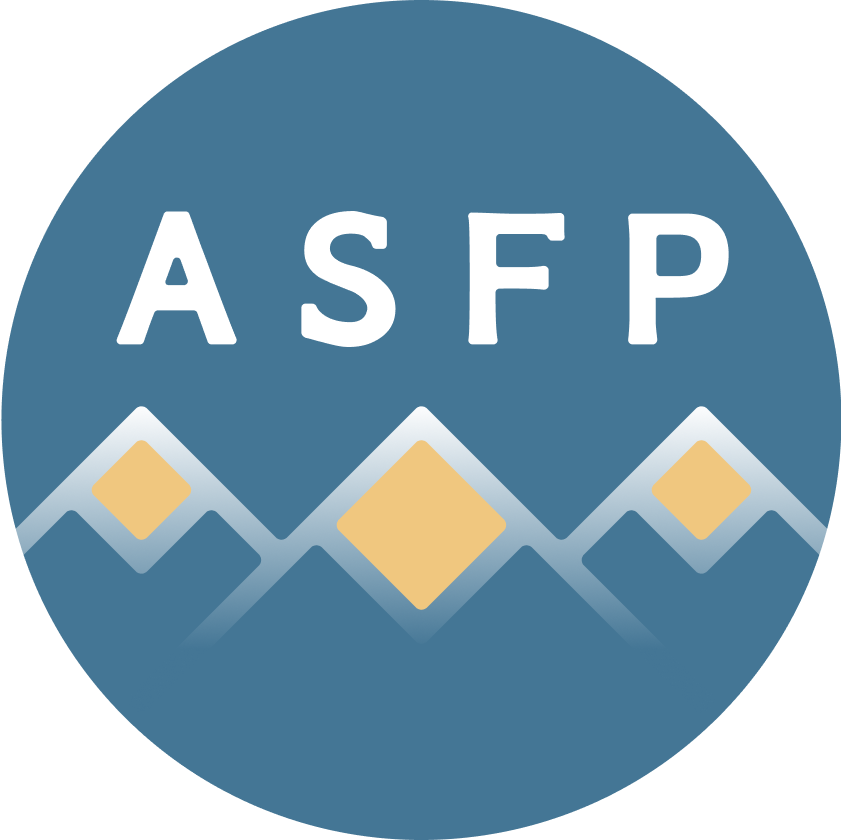Policy on the Use of AI/LLMs
ASFP prohibits the use of AI by its editors, and asks applicants to not submit materials generated by AI.
The application statement is all about a unique person’s experiences over many years, their reflections on those experiences, and how that person’s research interests and career goals have evolved to reach the current moment. AI models have none of these things, and so have no place in writing an effective application statement.
ASFP Editors and Applicants are required to attest that they have not used AI as part of the work they submit when participating in ASFP. For more, see the below ASFP Policies on AI for Editors and for Applicants.
Policy for Editors
ASFP Editors have an obligation to not use AI (i.e. large language models like Chat GPT, Google Gemini, and similar) to provide feedback. Applicants come to ASFP for the editors’ rich expertise and unique perspectives - not the generic ramblings of a fancy predictive text engine. They can get that on their own time - they’re here for real, live people. They have also entrusted us with what are sometimes very personal application statements - it would be a breach of trust to feed that statement to an externally-controlled AI model without the applicant’s consent. Editors are prohibited from using AI to process applicants’ statements in any way or to produce the feedback they provide to applicants. Doing so would break the trust applicants have placed in us, and is completely unacceptable. ASFP supports editors in many ways, including by providing training, rubrics, on-call email support, live office hours, template responses for sensitive, common, or difficult areas of feedback, and more. If you’re stuck, ask for help - don’t phone it in with an AI.
policy for Applicants
ASFP asks that applicants not submit application statements written by AI (i.e. large language models like Chat GPT, Google Gemini, and similar). The reasons are numerous:
AI knows nothing about you. The application statement is a statement about your intellectual and experiential journey and how that led to you applying to PhD programs (a big deal!). AIs know nothing about your personal life, and so write weak application statements.
It disrespects editors. Editors are volunteers. They are graduate students, postdocs, and faculty who have carved time out of their schedules to help you and applicants like you. They are not here to help Chat GPT, and asking them to edit a statement someone couldn’t even take the time to write disrespects our editors and wastes their time.
It’ll be generic. PhD programs and potential advisors are looking for what makes an applicant unique. The best statements couldn’t have been written by anyone else, including Chat GPT. AI will always craft a generic statement.
Bad implications. Part of the application statement’s job is to show that you can write and think and how you do so - because those are critical skills for scientists. Grants and papers have to be written by the scientist - not AI. Professors or programs may well throw out, ignore, or downweight any application statement that sounds like it was written by AI as it implies the candidate 1) cannot write themselves, 2) does not care about misrepresenting themselves, and 3) is at risk for plagiarism in their scientific work.
University policies. Some graduate schools may even have explicit prohibitive policies about the use of AI in application statements!
ASFP understands that the application statement is hard to write! That’s why ASFP was founded, and why we provide not just fast, double-blind, expert feedback on statements, but also numerous resources to enable applicants to keep working on their statements, improving and editing their way toward admittance to a psychology PhD program.
